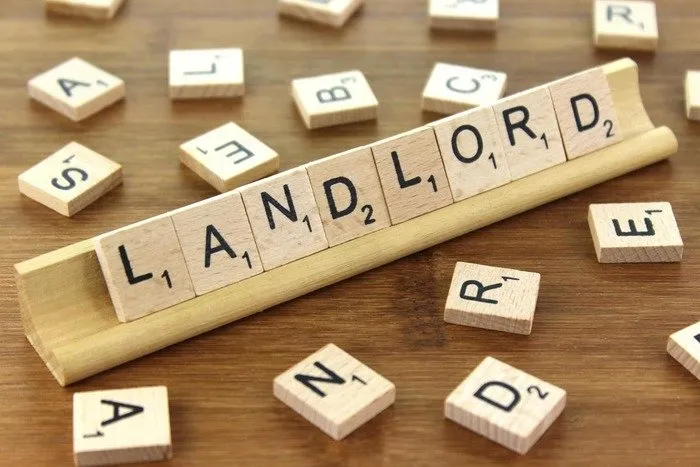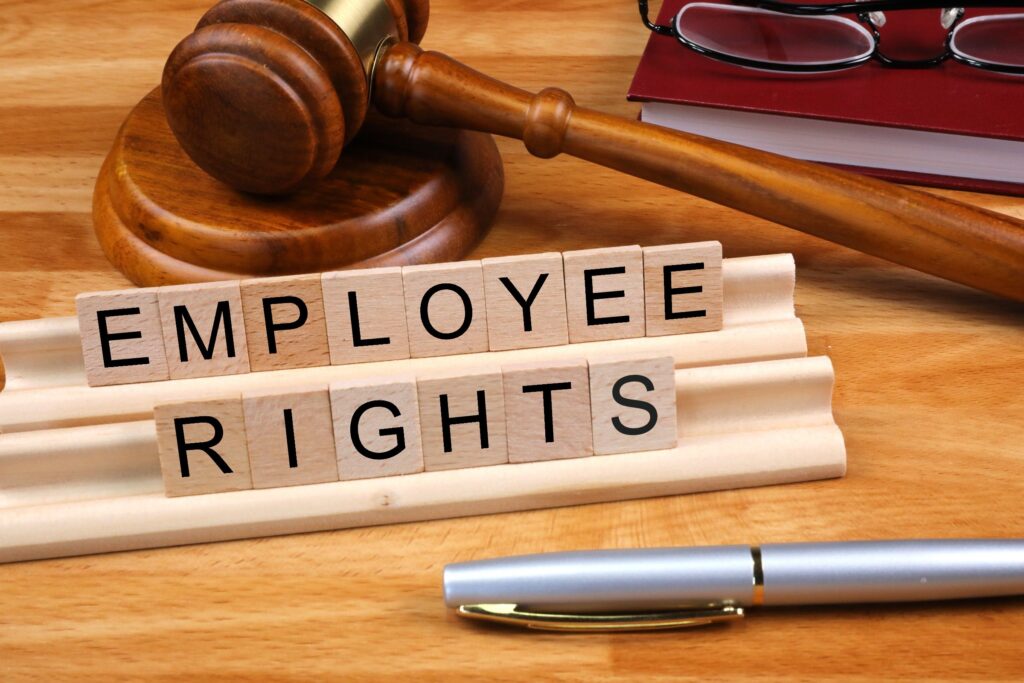Are you nervous about your tenancy rights? Wondering whether your landlord can evict you without any notice? You’re not alone. Most renters face these questions at some point, whether moving to a new city, renewing a lease, or facing unexpected landlord issues. Understanding the balance between landlord rights and tenant protection is crucial if you want to feel safe and secure in your home.
Let’s dig deep into eviction laws, notice periods, and what you should do if you’re suddenly faced with an eviction threat. By the end of this guide, you’ll know your rights, the obligations of your landlord, and how to protect your home.
Introduction: Why Tenancy Rights Matter
Tenancy rights help ensure fairness and stability in the rental market. When you sign a rental agreement, whether for an apartment, house, or room, you expect to stay there as long as you follow the rules. Landlords also have responsibilities—they cannot arbitrarily terminate your tenancy.
Yet, “Can a landlord evict you without notice?” is one of the most frequently searched questions about rental housing. The answer depends on your country’s—and sometimes state’s—laws, your type of rental agreement, and the circumstances of the eviction.
Understanding Eviction: The Basics
Eviction is the legal process by which a landlord removes a tenant from their property. It often starts with a notice and, if unresolved, can escalate to legal proceedings. Each TIER-1 country—like the United States, United Kingdom, Canada, and Australia—has its regulations that are designed to protect both parties.
What Is a Notice to Quit or Eviction Notice?
A notice to quit (or eviction notice) is an official communication from your landlord that asks you to move out, either by a specific date or after a certain period. This notice typically includes:
- The reason for eviction (e.g., non-payment of rent, lease violation, property use concerns)
- The minimum notice period as per jurisdiction
- The landlord’s intent to start formal legal action if you do not leave
Simply put, a landlord generally cannot legally evict you without first giving you notice.
Can a Landlord Evict a Tenant Without Notice?
Let’s address the core question: can your landlord show up and force you out without warning? In most TIER-1 countries, the answer is no in the vast majority of circumstances.
Core Principles in Most Rental Laws
- Due Process: Landlords must follow a legal process—including proper notice and, often, a court order—before evicting a tenant.
- Notice Periods: The law nearly always requires landlords to provide notice in writing, often ranging from 7 to 90 days, depending on the reason and local rules.
- Just Cause: Most jurisdictions require “cause” (such as unpaid rent or serious lease violations) for immediate or short-notice evictions.
When Is No Notice Allowed?
There are very few situations where a landlord may act without giving notice, usually involving emergency situations such as:
- The property is deemed hazardous, uninhabitable, or condemned by authorities.
- The tenant is engaging in unlawful activity that poses immediate danger to others.
- There’s an imminent threat to property (e.g., fire, serious criminal activity).
Even in these cases, most legal systems require landlords to involve authorities—like the police or the court—rather than taking unilateral action.
Standard Eviction Process: Step by Step
Understanding your country’s typical process keeps you prepared:
1. Written Notice
The landlord must provide a written eviction notice stating why you’re being asked to leave and how long you have before action will be taken. This is called a “Notice to Vacate,” “Notice to Quit,” or simply “Eviction Notice.”
2. Waiting Period
After notice, there’s usually a legally required waiting period. This gives tenants a chance to correct issues (like paying overdue rent) or find new housing.
3. Legal Proceedings
If the tenant doesn’t comply, the landlord must go to court to obtain an eviction order. Only after this court order can the actual eviction be enforced, sometimes by law enforcement officials.
4. Moving Out
Once the eviction is formalized by a court, the tenant must vacate the property by the specified date. If not, local authorities may become involved to ensure compliance.
What Notice Periods Are Typical?
Notice periods differ across regions and circumstances but generally fall within certain ranges:
| Reason for Eviction | Typical Notice Period |
|---|---|
| Non-payment of Rent | 7-30 days |
| Lease Violation | 7-30 days |
| No Cause/No Fault | 30-90 days (varies widely) |
| Owner Move-In | 30-60 days |
Always check your specific locality for exact requirements, as individual cities and states have additional tenant protection, rent control ordinances, and extended notice rules.
Emergency and Immediate Evictions
Landlords may petition courts for immediate evictions in rare cases, such as severe property damage or criminal activity. However, self-help evictions—where the landlord changes locks, throws out your possessions, or forcibly removes you—are illegal in virtually all TIER-1 countries. Courts and local eviction authorities oversee legal removals to safeguard tenants’ basic rights.
Tenant Rights: Defending Against Illegal Eviction
If your landlord tries to evict you without notice, you have rights and legal recourse:
- Stay calm and document everything. Take photos, note dates, and keep all written communications.
- Contact your local tenant advocacy group or legal aid for advice.
- File a complaint with local housing authorities if you’re threatened with or subject to an illegal eviction.
- Attend all court hearings; presenting your side may delay or stop the eviction.
Landlords who conduct illegal evictions can face severe penalties, including fines and criminal charges in some places.
Special Scenarios: Fixed-Term vs. Month-to-Month Leases
Fixed-Term Leases
If you have a lease for a specific duration (e.g., one year), your landlord generally cannot evict you without notice before the term ends unless you violate major lease terms—such as non-payment or property damage.
Month-to-Month Tenancy
Even if you’re renting month-to-month, your landlord must still provide adequate written notice, typically at least 30 days, unless a serious breach occurs.
Eviction Laws by Country: Quick Overview
United States
Most states require written notice and court approval before eviction. Notice periods vary; cities like New York and Los Angeles require even longer notices for “no cause” evictions.
United Kingdom
Section 21 and Section 8 notices govern eviction. Most require at least two months’ notice, except for urgent issues like anti-social behavior.
Australia
Tenants have strong rights. Landlords must provide written notice and can’t evict without following proper procedures.
Canada
Each province has specific rules, but all require due process and written notice before eviction.
What To Do If You Receive an Eviction Notice
- Don’t panic—read the notice carefully.
- Check your lease and local tenancy laws for required notice periods and valid reasons.
- Communicate with your landlord—issues can sometimes be resolved amicably.
- Seek legal advice immediately if you feel your rights have been violated.
Conclusion: Know Your Rights, Stay Protected
Landlords have their rights, but so do tenants. In almost every case, a landlord cannot legally evict you without notice. Understanding tenancy rights, knowing the lawful eviction process, and standing up for your protections are keys to maintaining your security and peace of mind in your rental home.
Stay informed. Stay protected. And if in doubt, always reach out to your local tenant organization or legal advisor.
Take Action Now
Are you a tenant seeking clarity on your rights? Bookmark this guide, share it with fellow renters, and empower yourself with knowledge. If you’re facing eviction or unsure about your situation, consult a local legal expert today—your home and peace of mind are too important to leave to chance.






